saudi arabia just signed up for pakistan’s muscle.
here’s what it really means.
On September 17, Saudi Arabia and Pakistan signed a Strategic Mutual Defense Agreement at Al-Yamamah Palace in Riyadh. Prime Minister Shehbaz Sharif received a lavish welcome, Saudi F-15 jets in the air and full royal honors on the ground, before joining Crown Prince Mohammed bin Salman to sign what both leaders described as a landmark deal. Its key clause states that “any aggression against either country shall be considered an aggression against both.”
In plain terms, Pakistan, the only Muslim nuclear power, and Saudi Arabia, guardian of Islam’s holiest sites, were making their alliance official.
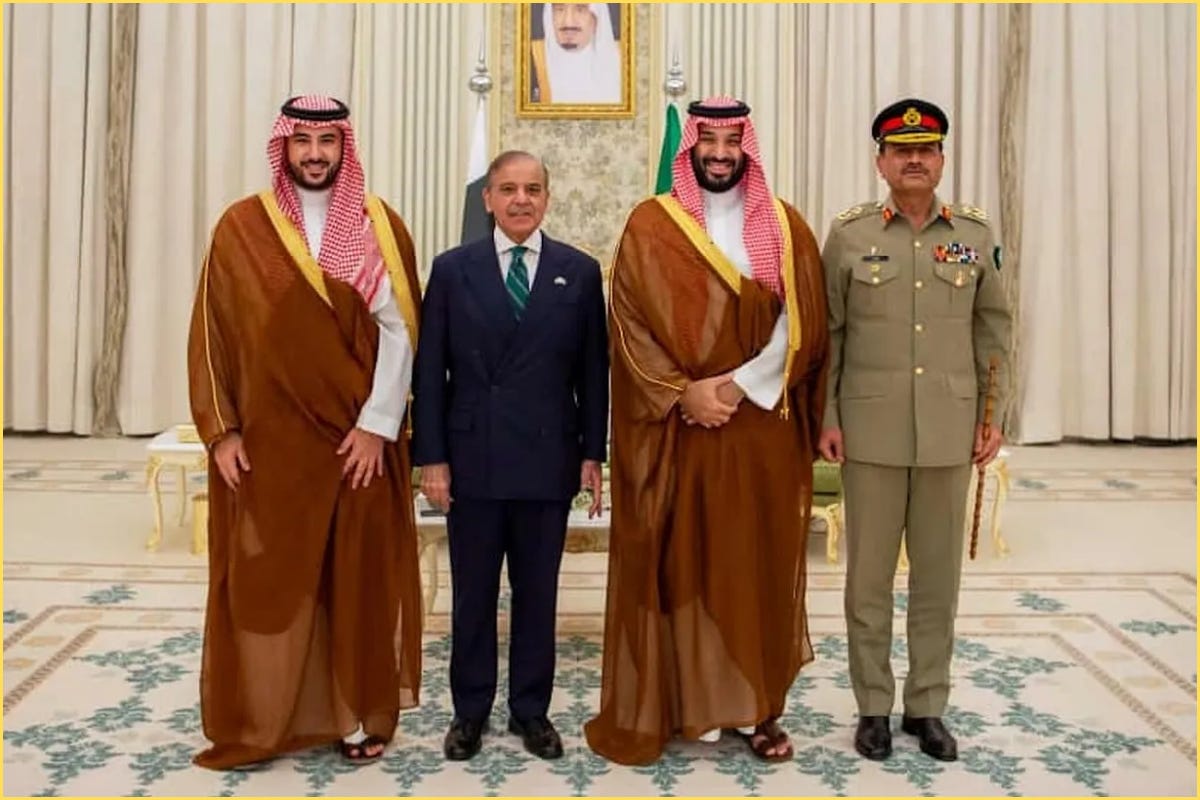
why now?
The timing of the pact was no accident. It a week after Israel bombed Doha, the Qatari capital, in an attempt to kill Hamas political leaders. For Saudi officials, that strike was a blunt warning that Israel could hit Arab capitals with impunity.
Around the same time, Egyptian intelligence reportedly foiled an Israeli plan to assassinate Hamas figures in Cairo, and Turkey began voicing concern over direct Israeli threats. Coupled with Israeli ministers and Prime Minister Benjamin Netanyahu’s talk of a “Greater Israel” which the final version stretches into Arabia, Riyadh was reminded of just how vulnerable it is.

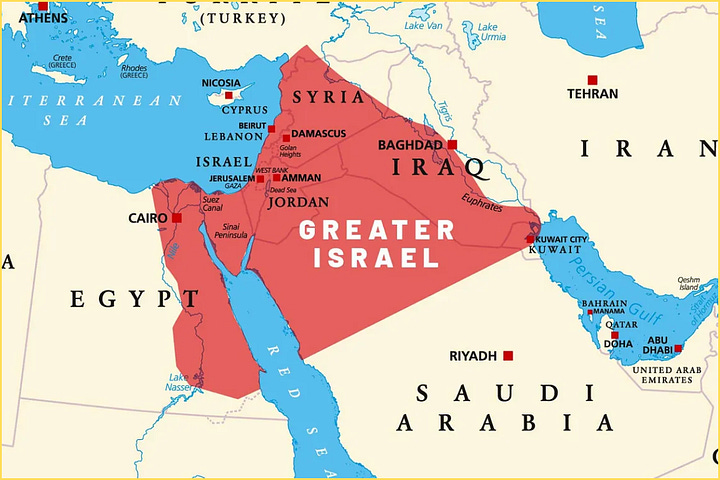
Iran is not the primary target here. Since the 2023 détente, Tehran and Riyadh have reopened embassies and managed their rivalry. Nor is India the driving force. Pakistan’s nuclear doctrine remains India-focused, but Islamabad probably doesn’t expect Riyadh to fight its wars with New Delhi. Saudi support would likely be financial, weapons and diplomatic, not troops.
The subtext is Israel. Riyadh wanted to show it is not defenseless. Pakistani officials hinted that Saudi Arabia could be covered by Islamabad’s nuclear deterrent if its survival were threatened. That alone alters Israel’s calculations.
the marriage of money and muscle
This pact is the codification of a decades-old bargain. Saudi Arabia was one of the first to recognize Pakistan after independence in 1947. Since then, Pakistani troops have been deployed to the Kingdom multiple times. In the 1980s and 90s, as many as 15,000-20,000 Pakistani troops were stationed in Saudi Arabia, guarding holy sites and manning sensitive borders. Pakistan has trained thousands of Saudi officers since the late 1960s, building a military-to-military relationship that shaped Riyadh’s armed forces.
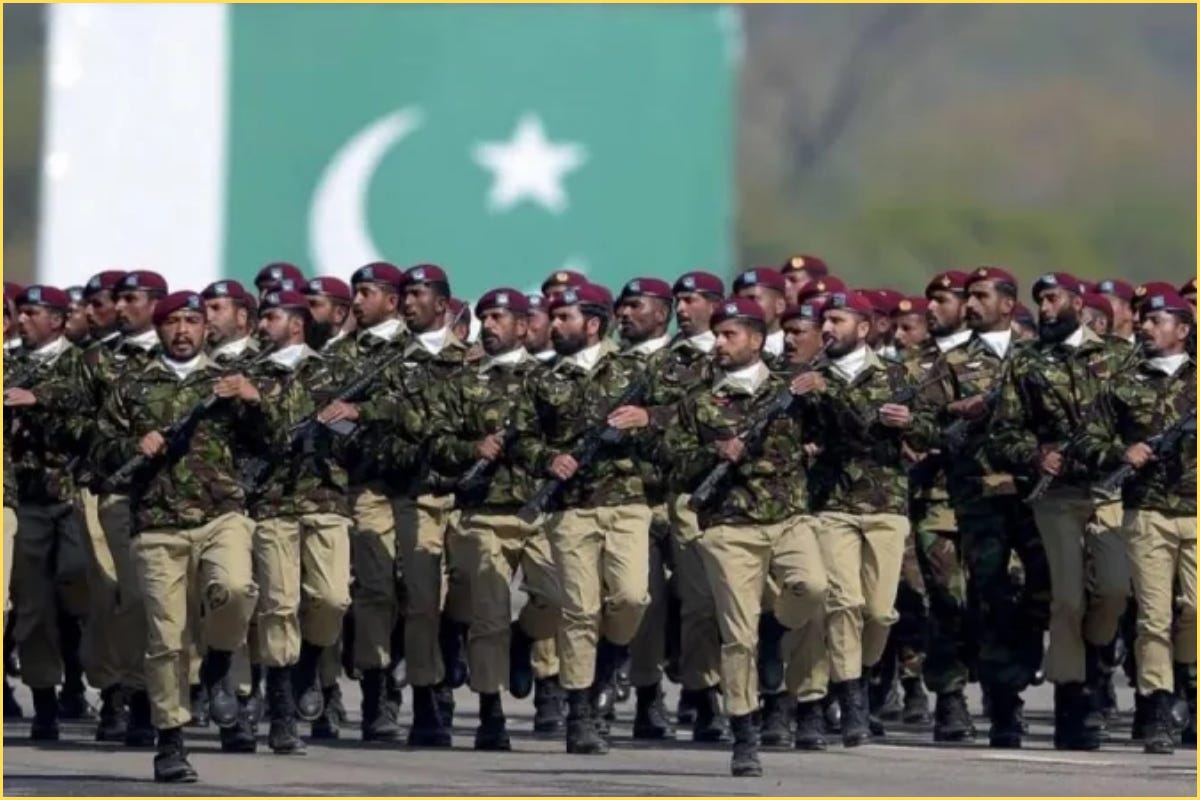
In return, Saudi Arabia provided oil on deferred payments, cash bailouts, and political cover when Pakistan’s fragile economy wobbled. Crucially, during the 1970s and 80s, Riyadh also bankrolled parts of Pakistan’s nuclear weapons program, providing loans and oil subsidies that freed Islamabad’s resources to push forward its bomb project. This history is why so many people today assume Saudi Arabia could call in the favor if it ever wanted a nuclear guarantee.
This recent agreement simply put into writing what was already practiced: Pakistan provides the manpower, training, and nuclear shadow. Saudi Arabia provides money and oil.
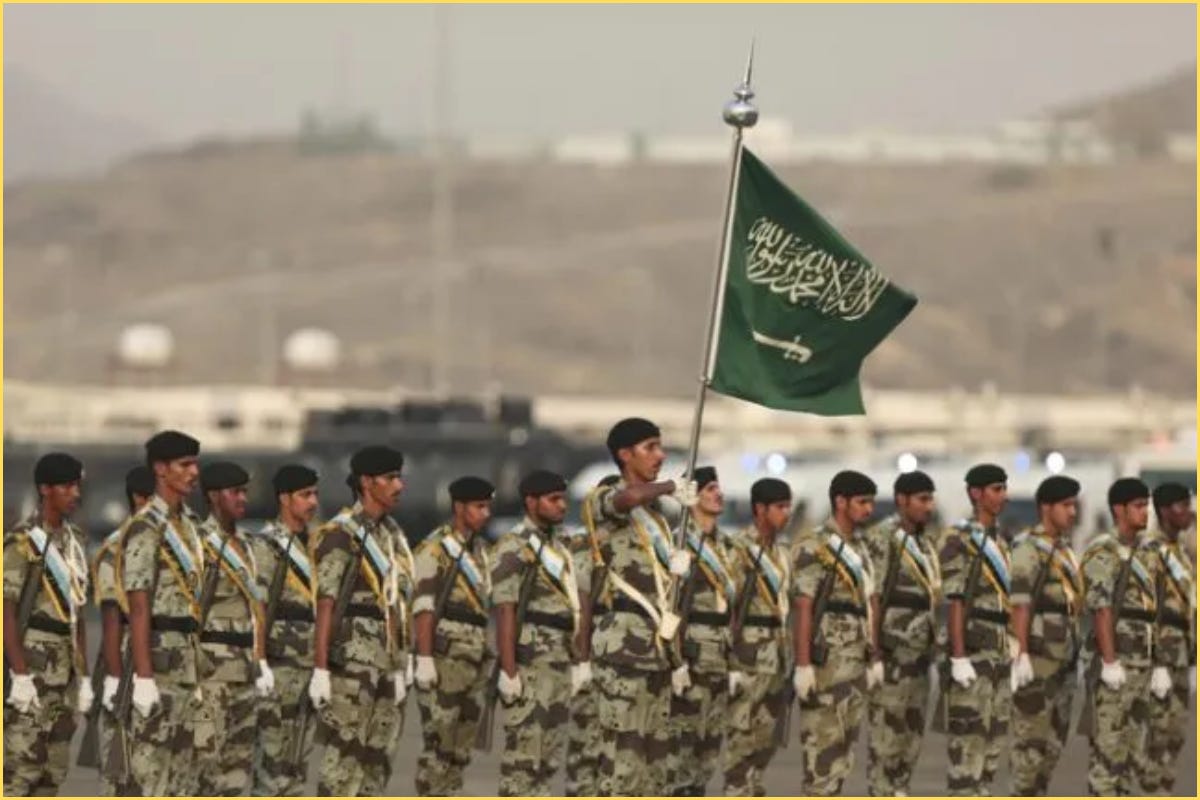
For Pakistan, the rewards are immediate. Riyadh is already slated to be its largest external financier in the 2025–2026 fiscal year, with over $6 billion in loans and deposits. For Saudi Arabia, the benefit is also very clear as this is a deterrent that Washington can’t veto. U.S. bases and weapons come with political conditions. Pakistani soldiers and ambiguous nuclear cover don’t.
will pakistan base nukes in saudi arabia?
Speculation abounds. Journalist Bob Woodward even quoted Mohammed bin Salman as saying he didn’t need uranium because “I will just buy one from Pakistan.” But the reality is murkier. The agreement, as published, makes no mention of nuclear weapons. Pakistani officials insist their arsenal is India-centric. Riyadh continues to claim it only wants civil nuclear energy, even as it insists on enrichment rights.
Stationing warheads on Saudi soil would be explosive, Legally, politically, and militarily. It would invite sanctions, destabilize Pakistan’s economy, and risk Israeli or Indian preemptive action. The likelier scenario is strategic ambiguity, which means Pakistani troops in the Kingdom, higher readiness levels, and hints of nuclear protection without physical deployment.
In terms of reach, Pakistan’s longer-range missiles (such as the Shaheen-III) are designed to cover the Middle East, meaning Israel is within theoretical range, even if Islamabad has never declared it a target.
pakistan’s chance at the global stage
This agreement also raises a larger question, can Pakistan turn Saudi financing into genuine global clout? On paper, yes. It fields one of the world’s largest militaries, a nuclear arsenal, and a pivotal location. Pakistan is also a major buyer of Chinese weapons. A fact that could now draw Saudi Arabia more firmly into Beijing’s orbit. With China already importing large volumes of Saudi oil, the pact effectively ties the Persian Gulf to western China by land, under the protection of a mutual defense commitment. By embedding itself in Gulf security, Islamabad stretches its influence far beyond South Asia.
Other Muslim states are watching. This pact could become a template for similar deals with Qatar or the UAE. Pakistani officials have already floated the idea of broader Arab-Islamic defense cooperation. The symbolism matters because for Jordan, Kuwait, Bahrain, Oman, and even Turkey (with whom Pakistan also has a defense cooperation pact), Pakistan now looks like the natural military partner in a Muslim world facing Israeli aggression and waning U.S. credibility. Even African states with Gulf ties, such as Egypt, Sudan or Somalia, may see value in Pakistani training if Riyadh bankrolls it.
But there are limits. Without economic reform, Pakistan risks becoming a subcontractor, basically Riyadh’s mercenary, not a global pole. Military might alone cannot substitute for a resilient economy.
pakistan’s paradox
the contradictions in Pakistan are glaring. It fields nuclear weapons and one of the world’s largest armies, yet still depends on IMF bailouts. For most citizens, daily life is defined by inflation, blackouts, and unemployment rather than the pride of deterrence.
The army dominates politics. They sideline elected governments and enriching itself while ordinary people bear the costs. That gap fuels resentment (and resentment can be weaponized. Mossad, infiltrated Iran by exploiting disaffected Iranians and disaffected Afghan refugees). For many Pakistanis, the nuclear arsenal feels distant, while corruption, nepotism, weak institutions, and decaying infrastructure are immediate realities.
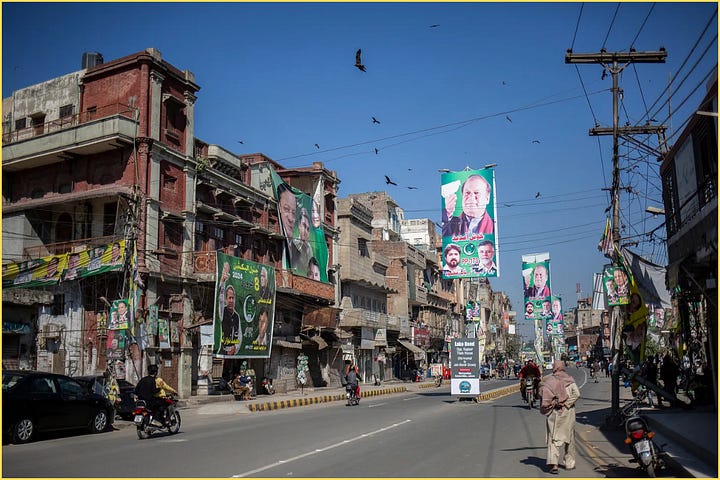
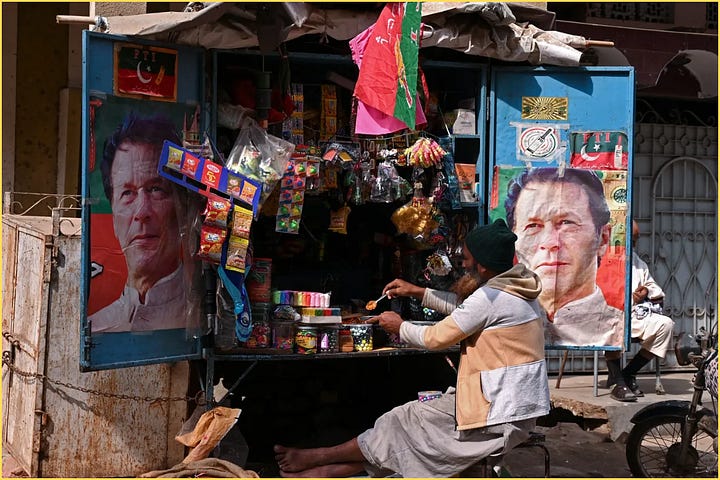
Then there is India, which is bigger, richer, and ambitious. Its economy is ten times larger and its population six times greater. India continues to modernize its forces, giving it some long-term advantages (overall ranked 4th in the world). Still, Pakistan has shown it can punch above its weight. During the brief conflict back in May, Islamabad claimed it downed several Indian jets, including advanced models, while New Delhi countered with its own claims of Pakistani losses. The skirmishes showed Pakistan’s ability to score tactical wins, even if India’s larger resources tip the balance in the long run.
Both nations are however deeply divided and under economic strain. That alone makes a full-scale war unlikely. Oil ties add another layer of caution because Saudi Arabia provides about one-fifth of India’s crude imports, and the wider Gulf remains a vital supplier. Disrupting those flows is in neither side’s interest. Still, the same pressures can create conditions ripe for conflict and if war did erupt, both countries would emerge weaker.
Israel, for decades has insisted that no Muslim state should be allowed to develop nuclear arms, and it watched Pakistan’s program warily from the start, reportedly even weighing strikes in the 1980s. Today, its tight partnership with India, which is built on intelligence sharing, arms sales, and joint military drills, leaves Pakistan feeling cornered. The very arsenal that guarantees Islamabad’s survival also makes it a marked target.
Pakistan’s uniqueness cuts both ways. As the only Muslim-majority nuclear power, it is a source of pride across the Islamic world but also a magnet for pressure from the West, India, and Israel. Its survival depends on managing this paradox: strong enough to deter, yet fragile enough to be destabilized.
the bottom line is that…
this pact is a signal to Israel, that Riyadh has cover. It is a reminder that Gulf states are losing faith in the U.S. umbrella and are reaching for alternatives. This is also a continuation of what Saudi Arabia and Pakistan have always been to each other: oil for soldiers, money for nukes, bailouts for brigades.
Whether this marks Pakistan’s emergence as a genuine global player depends on what comes next. If it uses Saudi money to stabilize its economy and reform its politics and economy, it could step onto the world stage as more than a spoiler. If not, it risks remaining what it has long been, indispensable but dependent, powerful but precarious. A state defined by the paradox of strength without stability.



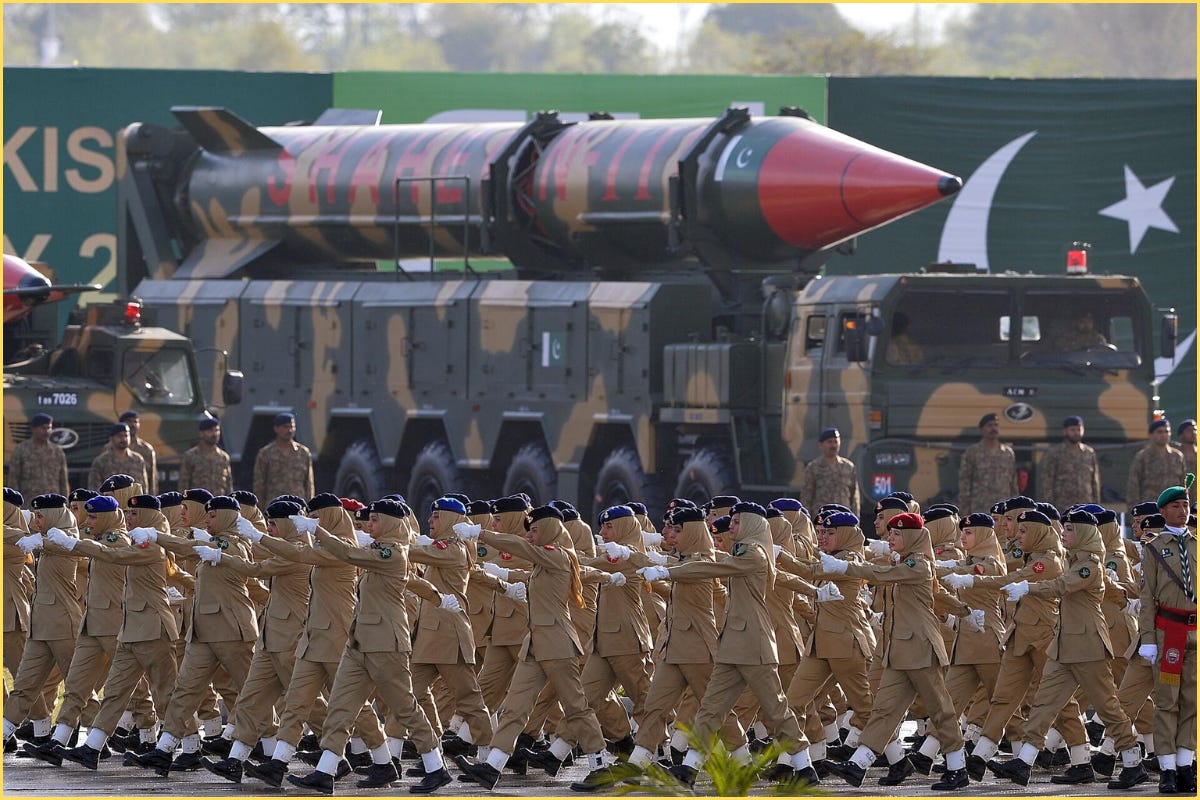
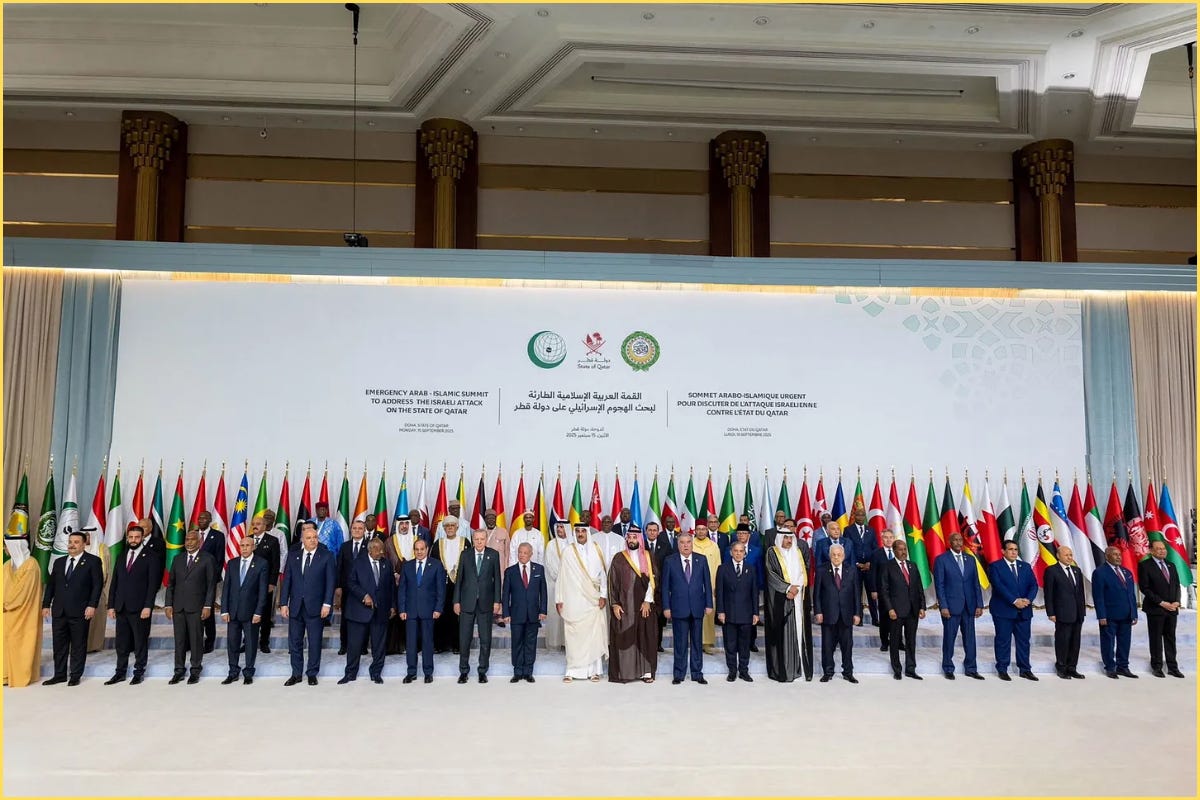
A well-written and highly informative article.
“If it uses Saudi money to stabilize its economy and reform its politics and economy, it could step onto the world stage as more than a spoiler. If not, it risks remaining what it has long been, indispensable but dependent, powerful but precarious. A state defined by the paradox of strength without stability.”
Wow, such an amazing articles always. Thanks sir for writing this wonderful piece.